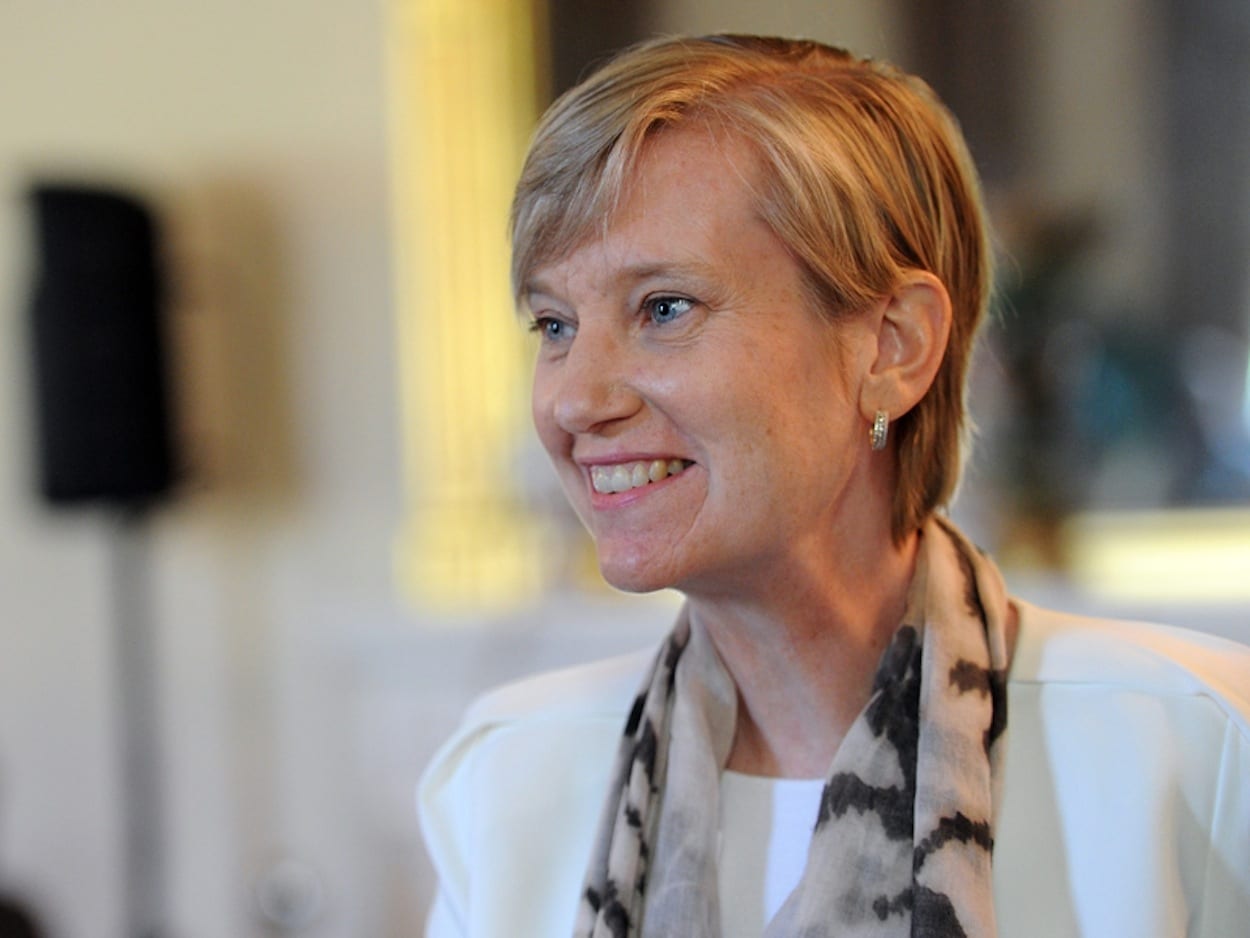
The Victorian government is calling on all members of the community, including businesses and startups, to step up to the mission of bringing gender equality to the state.
In its first gender equality strategy launched this week, the government has outlined a series of reforms and initiatives affecting government, business, sporting clubs and the media.
Safe and Strong: A Victorian Gender Equality Strategy will drive programs to boost opportunities for women in science, technology, engineering, maths and medicine (STEMM), both in education and out in the field.
Among the first initiatives, the government will host the first all-women international trade delegation to China in 2017; it will work with investors to increase support of female founders; and explore new ways to increase the opportunity for women in small business, including those of Aboriginal, migrant and refugee backgrounds.
The strategy will also involve the launch of the Joan Kirner Young and Emerging Leadership Program for Women to create a pipeline of more diverse leaders, and the Women on Boards Leadership program to assist women pursuing board careers with things like flexible support packages.
It will also re-establish the rural women’s network and spark a review of laws against sexist advertising and gender-based hate speech.
This comes in addition to a $21.8 million commitment over the next two years to establish the Respectful Relationships Education curriculum, announced in 2015, which is aimed at spotlighting negative stereotypes, attitudes and behaviours to prevent gendered harassment and violence.
Earlier this year, Victorian Minister for Women and Prevention of Family Violence Fiona Richardson said the strategy’s aim is not to empower a single type of woman but to see wide-scale change across the public and private sector.
“We want to ensure that women from all walks of life and across all industries actually get the support that they need to ensure that existing barriers are addressed once and for all,” Richardson said.
“Talking about this and the importance of this has not been enough. By having a strategy that incorporates measurable targets and timeframes we can ensure that over time we are actually making a difference.”
Ten recommendations for business
In the report, Richardson lists 10 practical things for businesses to do their part.
-
“Understand the economic benefits that come from diversity in decision making and make this part of their bottom line strategy,” Richardson states in the report.
-
“Recognise the gender gap and conduct an immediate audit of their workplace to assess women’s roles, seniority and pay parity.
-
“Set targets and timeframes by which they will achieve diversity.
-
“Understand that change must come from the top so they talk about their objectives 24/7 and make it part of their company’s core business.
-
“Recognise that girls from a young age are conditioned to accept second place so they actively seek out women for development and promotion.
-
“Introduce and promote flexible workplaces for everyone and introduce family violence leave provisions.
-
“Call out and act against sex discrimination, sexist language, sexual harassment and sexist workplace norms without causing harm to women
-
“Prioritise diversity competency in staff, promote those who support diversity goals, share their objectives and ideals and bring in expertise from outside when needed.
-
“Make the change happen by making it central to their business plans, KPIs and company strategies.
-
“Regularly audit progress and … [be] publicly transparent about how they are performing over time.”

